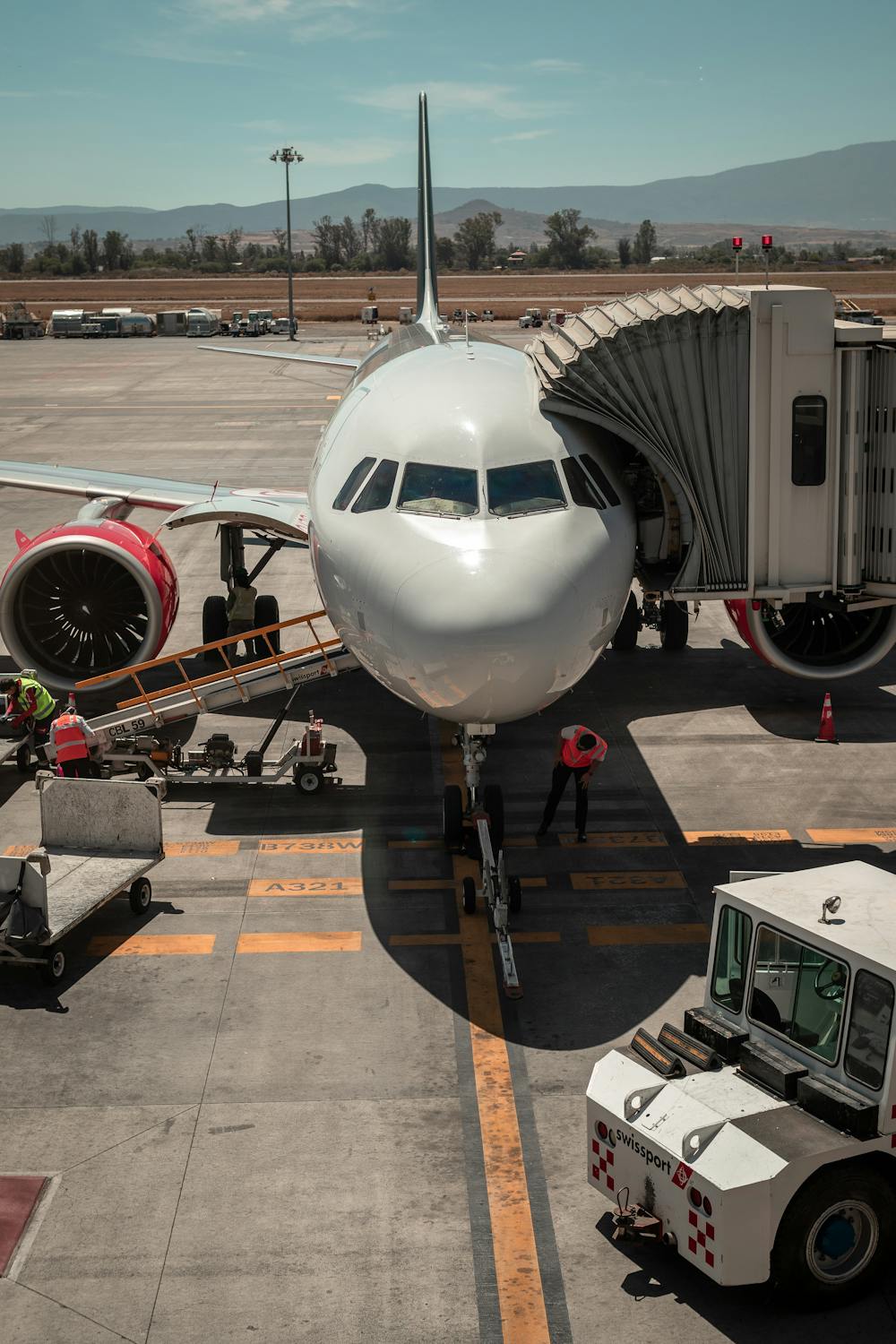
Ground support equipment plays a crucial role in aviation operations by ensuring aircraft functionality during non-flight periods. Without proper ground support infrastructure, aircraft cannot safely transition between flights or maintain the strict safety protocols required in aviation.
This article details the importance of ground support equipment for aircraft.
Today's aircraft rely on electrical systems for everything, from basic operations to sophisticated electronics and climate control systems. The aircraft ground power unit serves as the primary external power source during engine shutdown periods. This helps preserve the aircraft battery's life while delivering sufficient power for maintenance operations, avionics checks, and cabin preparation.
Contemporary units incorporate solid-state technology to deliver stable, regulated power without harmful harmonic distortion that could damage sensitive onboard equipment. Extended ground activities, such as overnight maintenance, cabin servicing, and pre-flight preparations, become feasible with these systems since they eliminate the need for onboard power consumption or auxiliary power unit operation.
Essential aircraft functions including control surfaces, wheels, and braking mechanisms rely on hydraulic systems, which need dedicated maintenance tools. Mobile hydraulic test stands provide precisely filtered fluid at controlled pressures and flow rates tuned to aircraft manufacturer requirements. Microscopic particles found in systems that check for pollution could mess up the hydraulic systems in an airplane and cause the system to fail completely.
Digital pressure control systems let technicians run functional testing of flight control surfaces, landing gear deployment mechanisms, and emergency systems without engine running. During maintenance, collecting systems catch and filter hydraulic fluid, therefore avoiding environmental pollution and enabling fluid reclamation. The precision tools guarantee hydraulic systems keep the exact pressure, flow rate, and fluid cleanliness requirements needed for flight safety certification.
Flight and ground operations both need precise environmental control in aircraft cabins. For parked airplanes, preconditioned air units provide temperature-controlled airflow, keeping the cabins comfortable without the need for onboard systems to be turned on or off. The need for running extra power units for air conditioning in the cabin during ground activities is eliminated by these units, which greatly reduces fuel use and pollution.
High-capacity supply systems guarantee suitable temperature normalizing over big commercial aircraft, preventing moisture condensation that can compromise electronic systems during ground-to-flight operations. Specialized adapters guarantee appropriate connection to several aircraft models free from air leakage or contamination. Improved filtration systems eliminate airborne pollutants, thereby ensuring that cabin air quality satisfies health criteria during boarding operations.
A key component of ground operations needing specific tools for safe, effective airplane service is exact fuel management. Expedited delivery of filtered fuel to aircraft at terminal sites through subsurface distribution networks facilitated by high-capacity hydrant systems. While they ensure complete tank filling, pressure control devices prevent surge damage to aircraft fuel systems.
Deadman control systems on mobile refueling vehicles give flexible filling capability at remote parking locations with automated shutoff features stopping overfill scenarios. For flight planning and operational records, electronic metering devices track fuel delivery quantities with calibrated accuracy. Specialized filtering systems eliminate particle pollution and water that can limit engine efficiency or generate fuel system ice at altitude. Pre-sampling units guarantee gasoline satisfies rigorous aviation standards by allowing quality verification prior to aircraft connection.
Aviation maintenance operations require specialized equipment designed specifically for aircraft servicing. Adjustable hydraulic work platforms provide stable, elevated surfaces that conform to aircraft contours for accessing engines, conducting structural examinations, and servicing electronic systems. Enhanced stability features prevent unwanted movement during critical maintenance tasks that could damage sensitive components or create worker safety risks.
Built-in safety systems address the unique challenges of working at heights around complex aircraft structures. Model-specific custom platforms ensure maintenance access while protecting sensitive exterior components and antennas. Electrical grounding features minimize static electricity risks to aircraft electronics during servicing. Adaptable positioning systems enable precise alignment with service panels and maintenance access points across different aircraft types.
An essential part of aviation infrastructure, ground support equipment directly affects operational efficiency, maintenance quality, and safety. From providing essential power systems to facilitating targeted maintenance support, these solutions ensure planes transition smoothly between flights while maintaining strict safety standards.